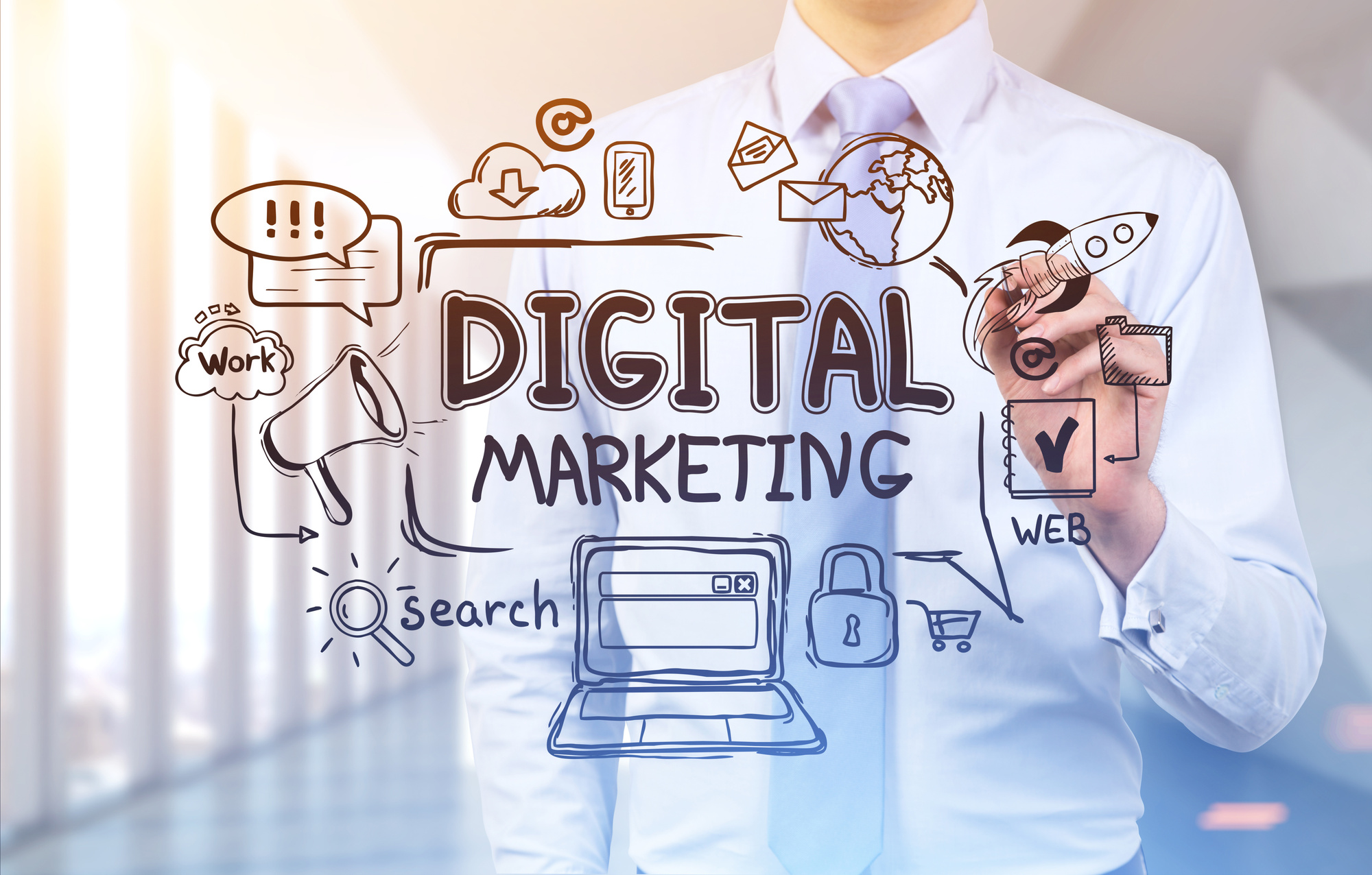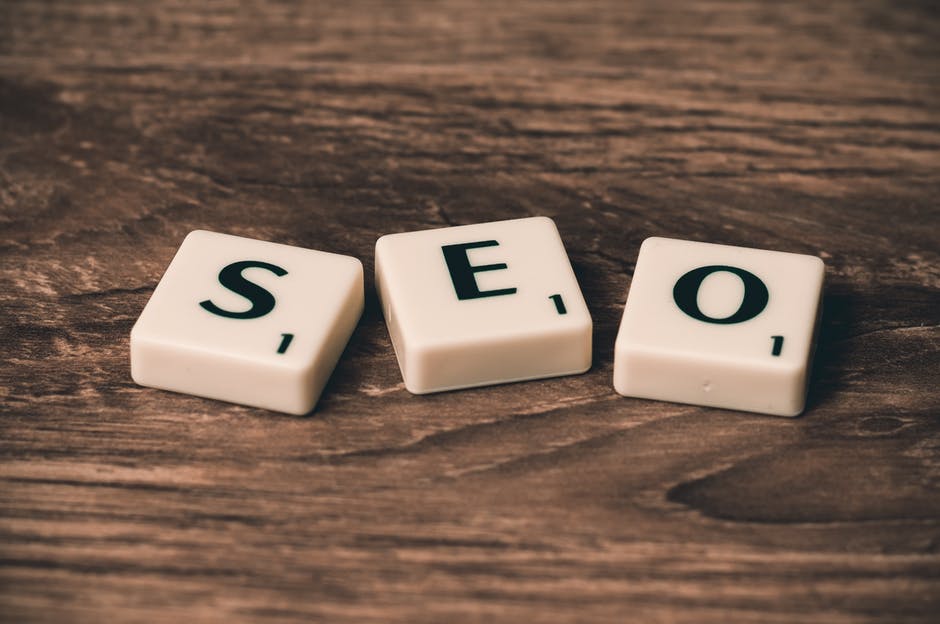You only have a few seconds to make an impression on your next potential customer. 80% of people remember what they see, compared to 10% what they hear and 20% what they read.
You want to ensure that all the elements in your business are cohesive and consistent with forming a good first impression of your target audience.
This guide will show you the basics of brand identity design and how you can use it to stand out from your competitors.
What Is Brand Identity Design?
Brand identity is all visible elements that your business uses to create an image in the customers’ minds. Brand identity includes the colors, font, logo, and design. Your brand identity is what makes your business visually stand out from competitors.
Brand image is different from brand identity, although most people use them interchangeably. Brand image refers to how your business appears to the public.
Some brand identity design examples include Apple and Vans. They are both timeless brands and have instantly recognizable visual elements. Apple is known for its modern and sleek design, while Vans is most know for its checkerboard shoes.
Developing a Strong Brand Identity
Before you can build your brand identity, you must have an understanding of the basics. Knowing the foundation of your business will help you immensely when you are ready to contact a professional to help with brand identity design services.
Know Who You Are
Before you dive into creating your logo and brand design visuals, there are a few questions you need to ask yourself:
- What is your mission?
- What values or beliefs drive your company?
- What 3-4 keywords would you use to describe your brand?
- What sets you apart from your competitors?
- What is the personality of your brand?
These questions are essential in forming your brand identity. From there, you can create visuals that represent your brand’s unique qualities and personality. For example, if your brand personality is fun and exciting, red is an excellent color to express that, and a unique font would look better than a modern one.
Fonts
Once you have the foundation of your brand personality, you will want to start choosing the font. There are four significant types of fonts:
- Serif
- Sans Serif
- Script
- Display fonts
Be careful when selecting the right font for your logo, as the font psychology behind your selected typography can say a lot about your brand.
Color Palette
Once you have chosen a font that represents your brand accurately, the color palette comes next. People have psychological ties with specific colors, so the color palette you select can significantly impact your customers.
Logo
Now that you have your brand foundation, typography, and color palette, it is time to start your brand logo design. It is best to keep the design simple, so it is legible and recognizable. If people do not understand what the logo is, it may not positively impact them.
Avoid trends when creating your logo, as you want the logo and your brand to be timeless. It should communicate who your business is and have a lasting impression on your customers.
Let Us Handle Your Brand Identity Design
Now that you have a basic understanding of what brand identity design is and how you can use it in your business, why not let the professionals help you?
We specialize in logo design, brand identity design, web services, and more. Contact us today to discuss how we can help your business have a positive lasting impression on your customers.









